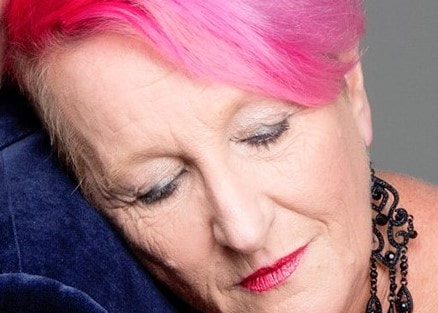Heads up: I’m about to bust the biggest myth I hear around relationships and intimacy.
We often have a belief that we ‘should’ just have a great relationship. Because… everyone else does, right?
I don’t need to tell you that’s not really the case.
The truth is: Great relationships are something that we learn - they’re skills.
We learn about relationships from our culture, parents and early caregivers.
What we learn as children about relationships form what we might call ‘our Relationship Blueprints’ - or ‘Attachment Style’ if you’re the science-y type.
Some of us are lucky enough to learn by seeing our parents have a healthy relationship (and if that’s you, congratulations), but honestly, most of us don’t have ideal role models when it comes to relationships!
The result of not having great role models is that you:
- Keep attracting the ‘wrong’ partners
- Continue having the same arguments over and over
- Find yourself stuck in a toxic relationship
- Feel distant or disconnected from your partner
- Or just *know that your relationship could be better
- One person is ‘in charge’ in the relationship
- Your job is to try to keep other people happy
- People can’t be trusted
- Shouting is the only way you can get a point across
- It’s not okay to share your feelings and emotions
- Or a bunch of other things that just aren’t true - or helpful.
Whatever unhealthy pattern or challenge you’re experiencing in your relationship, there’s a reason.
And let me promise you that reason isn’t because there’s something wrong with you.
You’re not broken. You’re not a lost cause.
Trust me on this, please.
Having great relationships is a skill that we learn just like anything else. Whatever our relationship status or stage of life.
What it takes is understanding what we learned in the first place and then taking steps to learn new skills.
Here’s 3 questions to help you begin to understand what you learned about relationships growing up - your ‘Relationship Blueprints’.
1. What was your parents relationship like when you were really young?
(Think about how they communicated, who made the decisions, how affectionate they were to each other.)
2. What were your relationships with your parents like growing up?
(Were you closer to one than the other? Was one (or both) of your parents absent? How did they communicate with you?)
3. What patterns do you notice when you look back on your past relationships?
(Have you had the same arguments or the same feelings in numerous relationships? Do your relationships end for the same reason? Does your current partner do something that a previous partner did that just drives you crazy?)

 RSS Feed
RSS Feed
